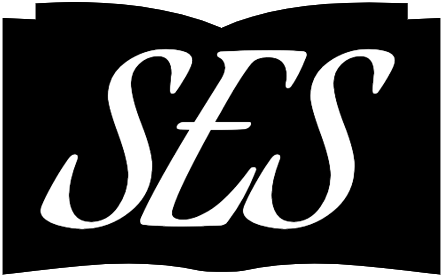Clark-Evans, Christine. “Language
Theory and Empirical Method in Diderot's ‘Encyclopédie’”.
Romantic Review, vol. 83, no. 2, 1992, pp. 117. ProQuest, http://search.proquest.com/docview/1290879819?accountid=39473.
Focusing on Diderot’s article “Encyclopédie” and his “Prospectus”, Clark-Evans compares the actual methodology of the Encyclopédie with the claims found in Diderot’s articles. She dives into the role of the Encyclopédie in its dealings with information and asserts that empiricism and language are connected in the way Diderot describes it. She also dissects Diderot’s desire to retain the meaning of words throughout time through a general vocabulary that finds its origins in classical texts and “dead” languages. While analyzing the problems, motives, and practicalities of creating an “alphabet raisonné” (reasoned alphabet) that surpasses the change of language over time, Clark-Evans compares Diderot’s ideas on language to more modern theories and how we understand similar problems that Diderot brings to light.
Basic Information
Country of Publication: United States
Language: English
Decade: 1990s
Main Classification: Language, Empiricism
Related Sources
*In Progress*
Notes
1. This article assumes the reader is familiar with linguistic terminology, but the essence of the argument can be understood without.
Updates
7/9/2020: Created page.
